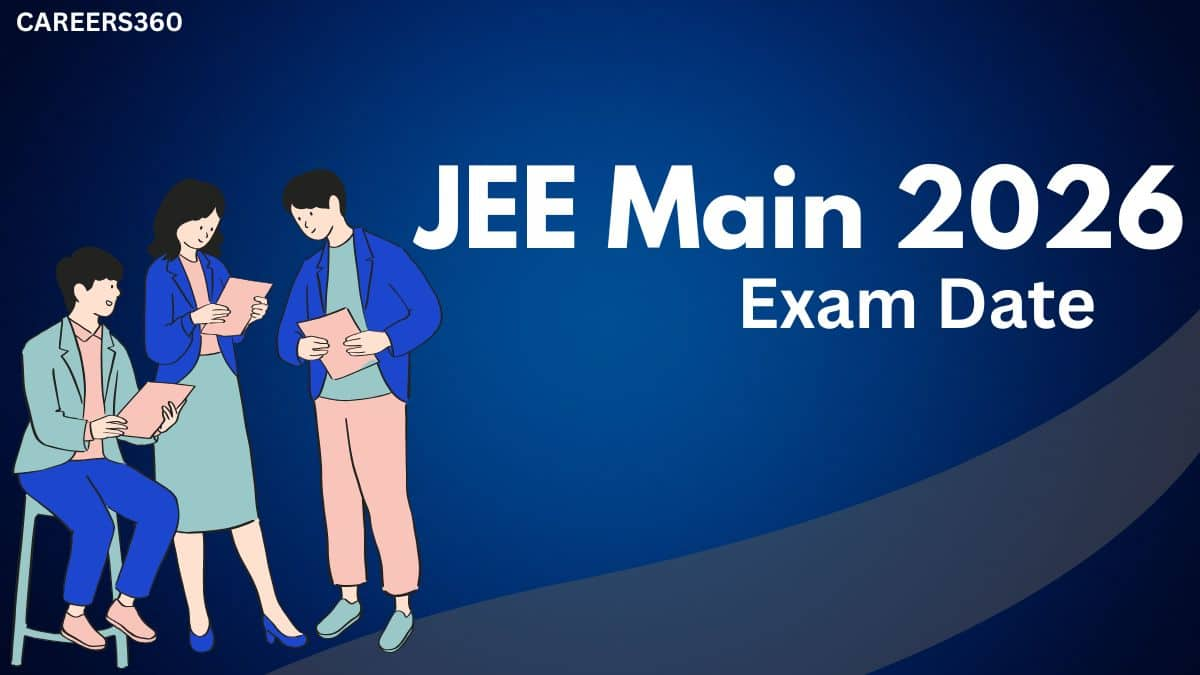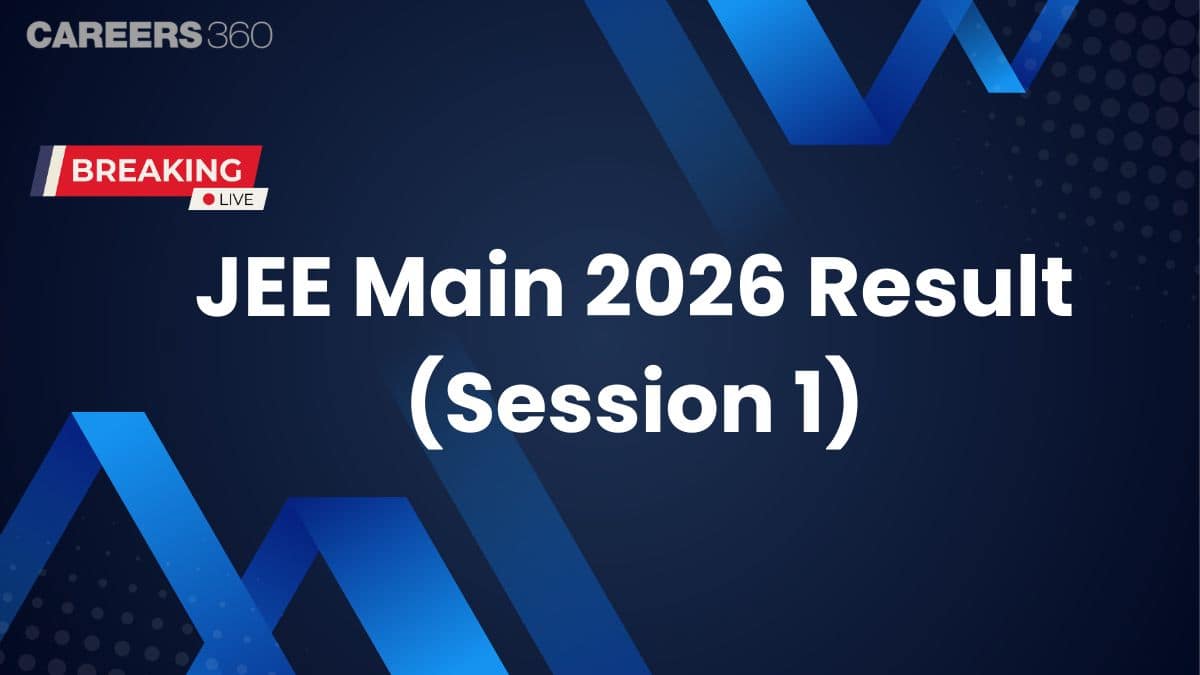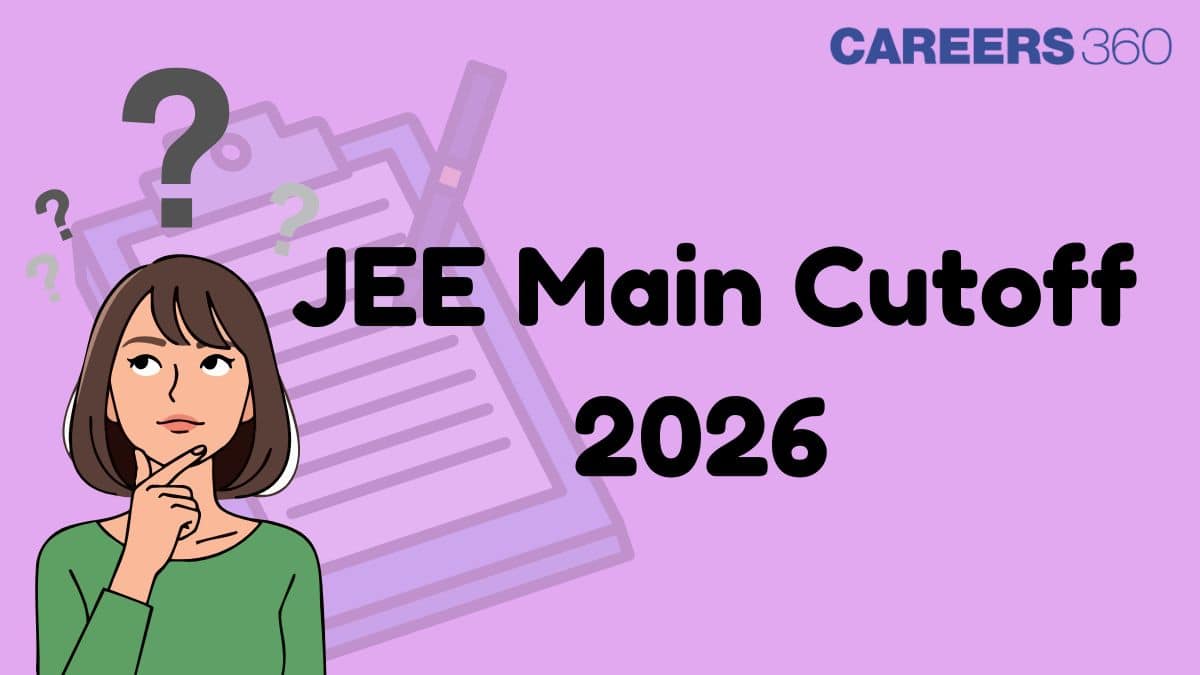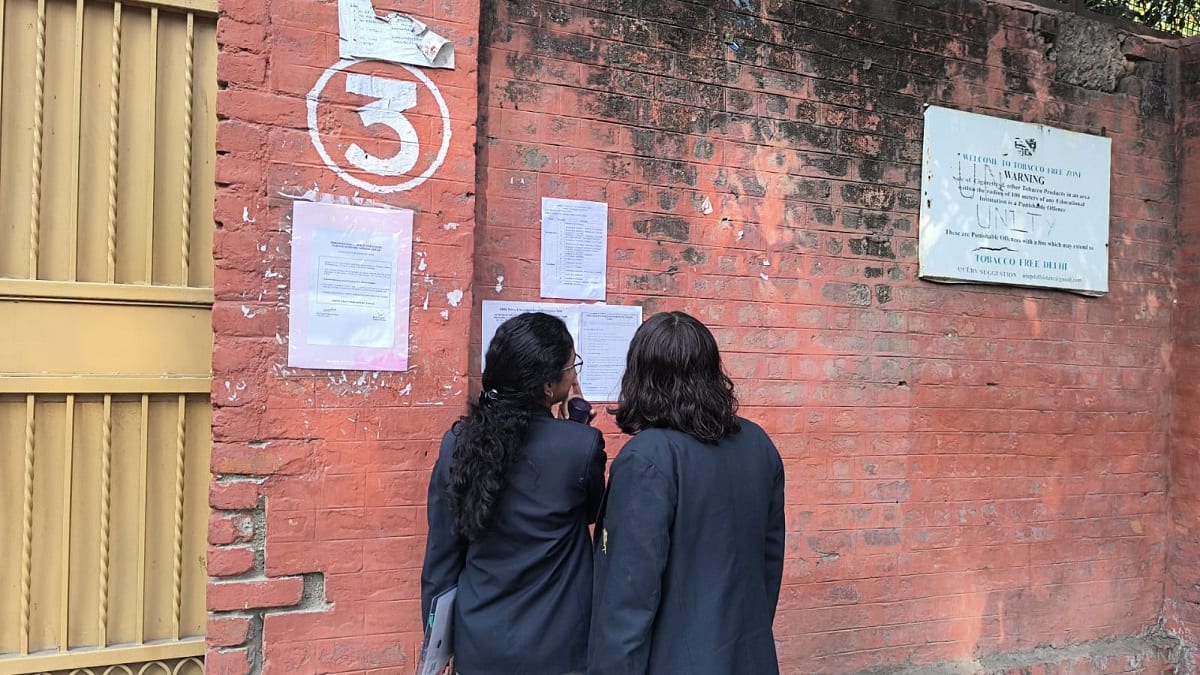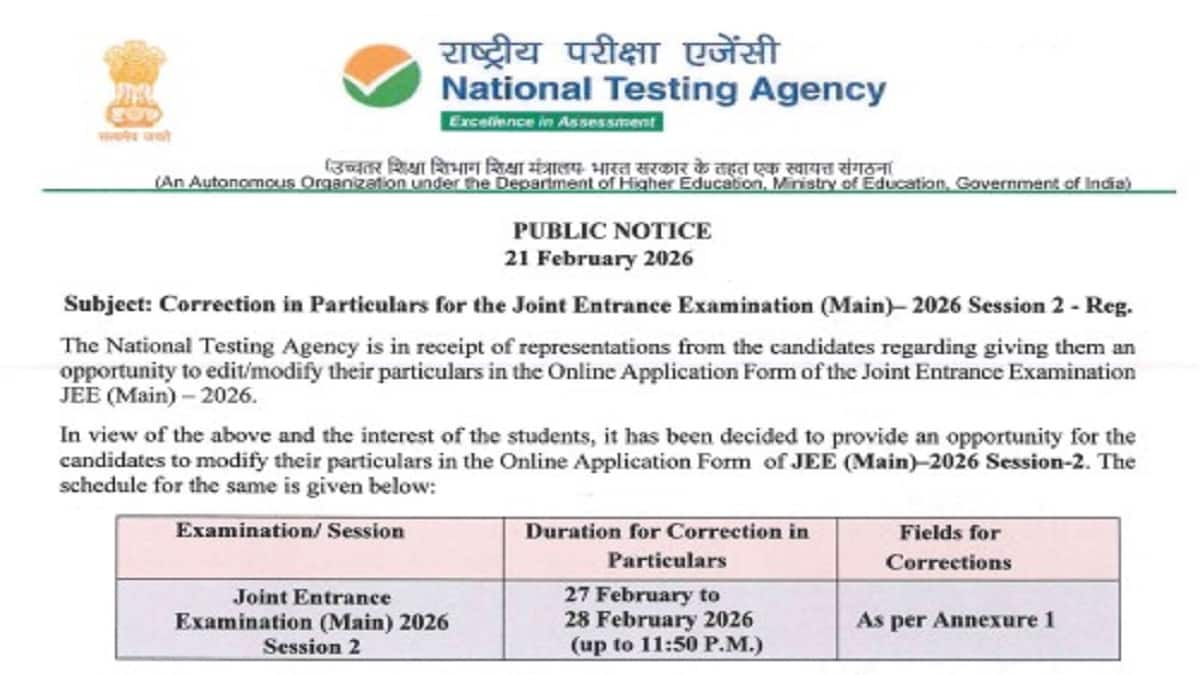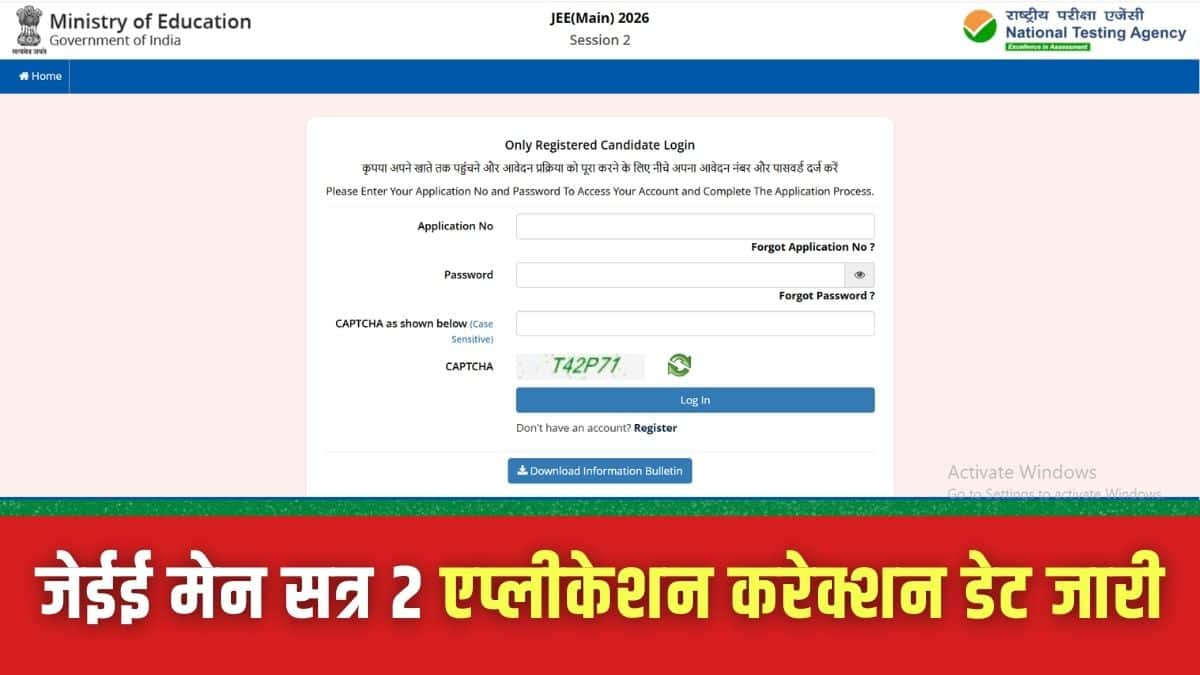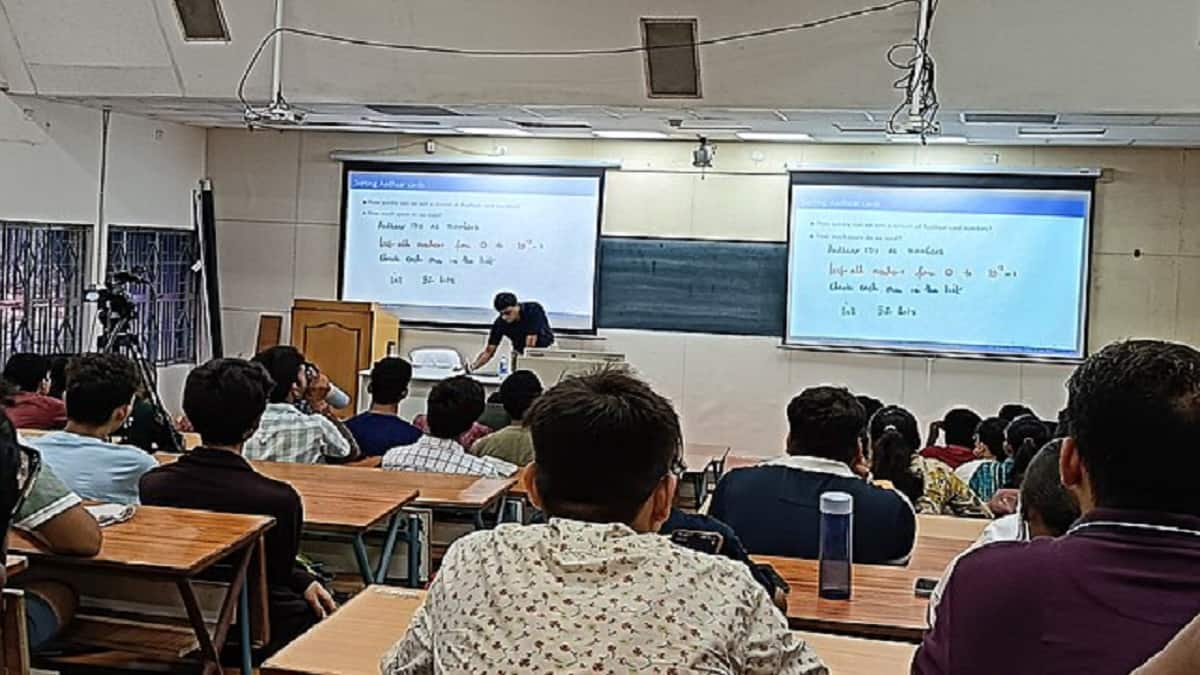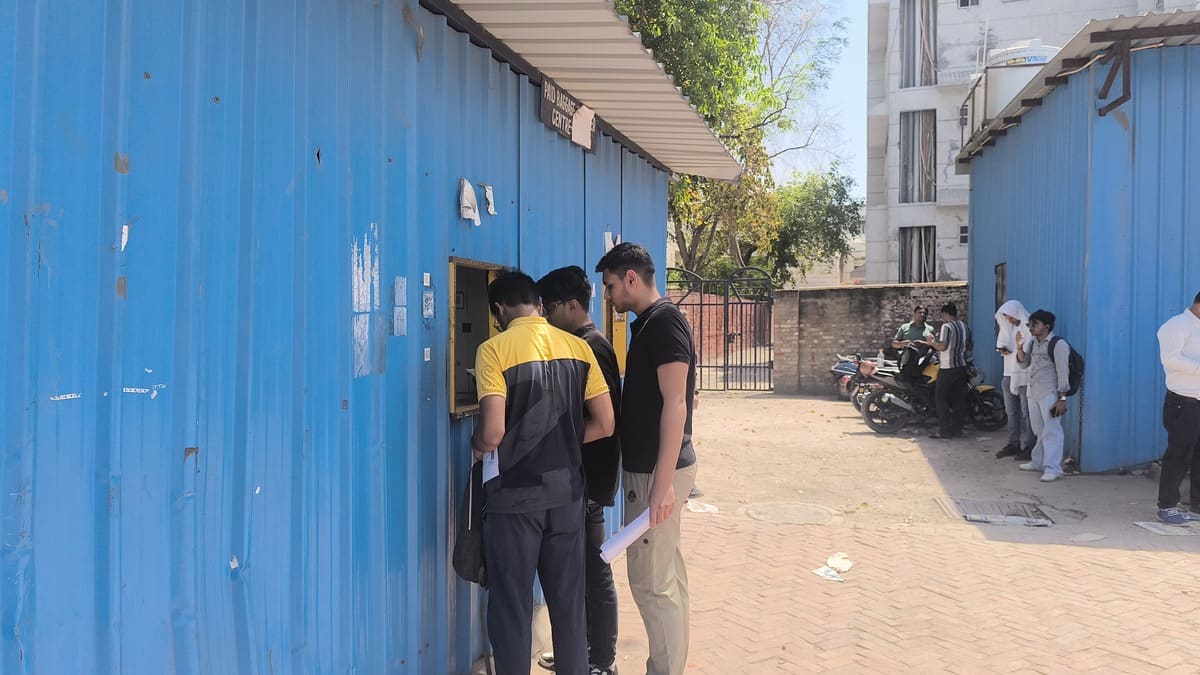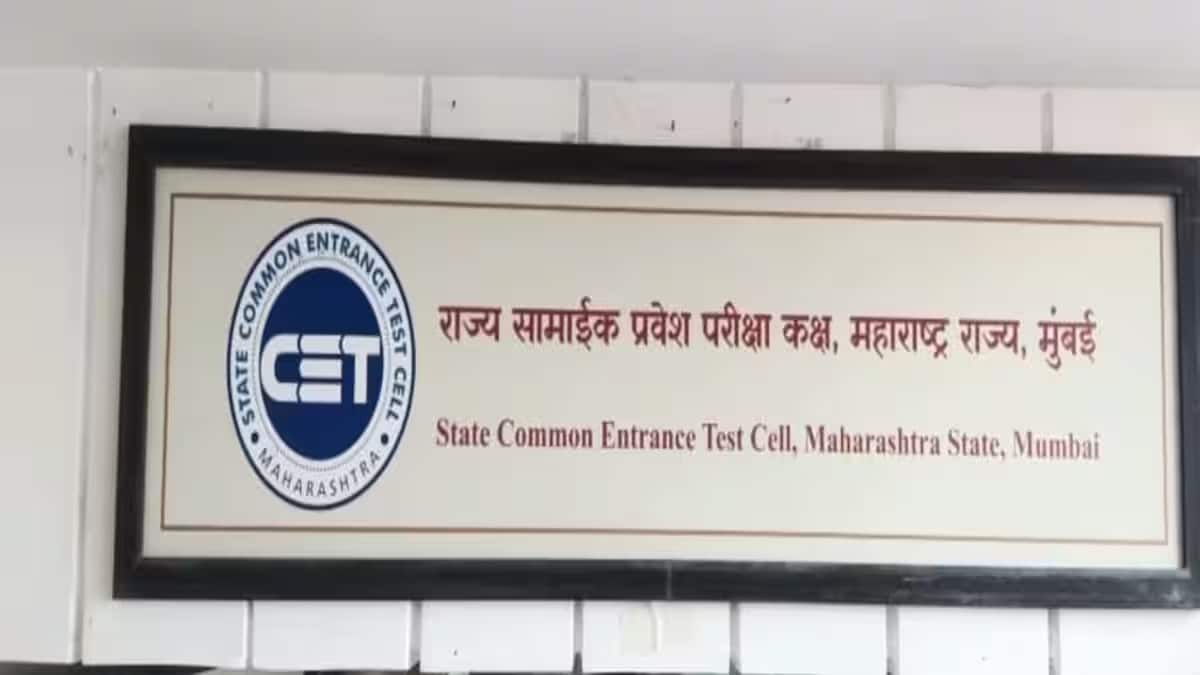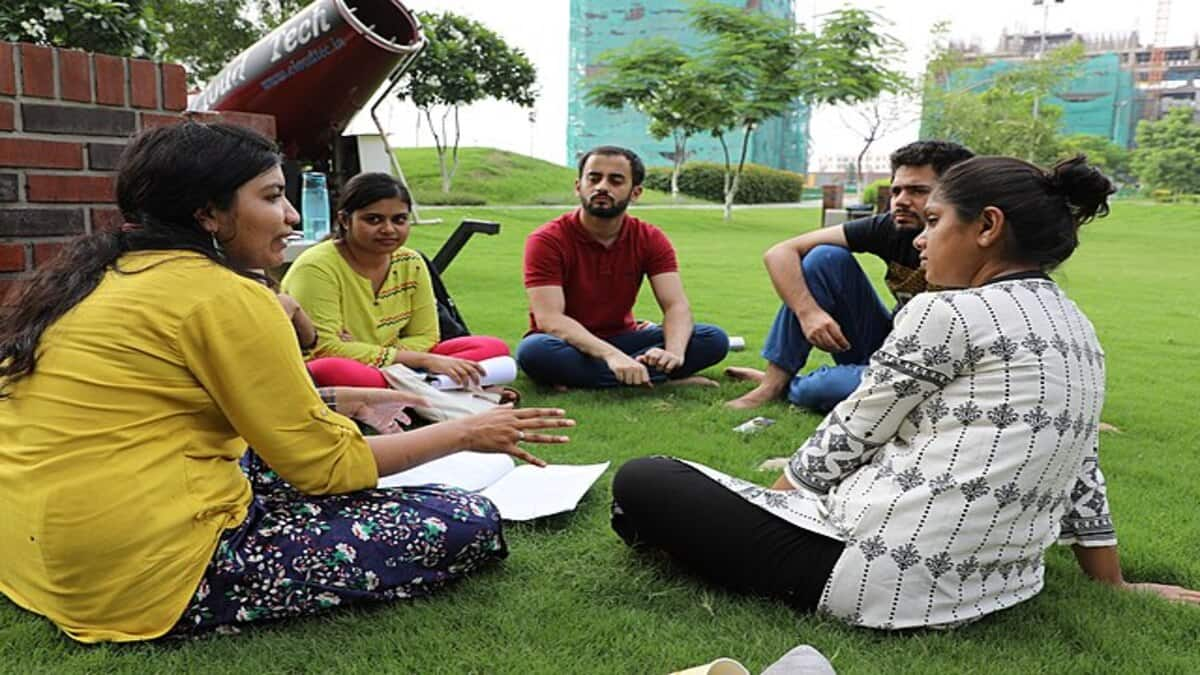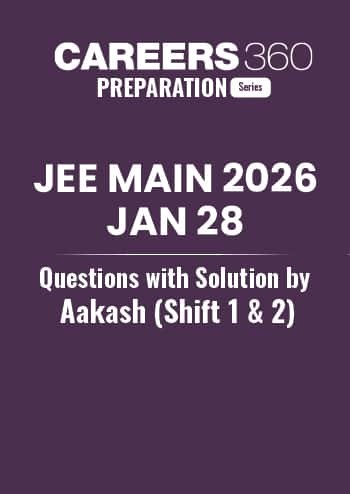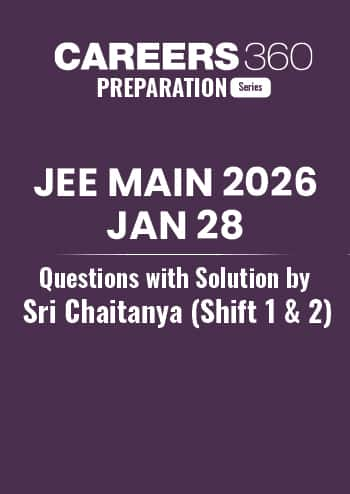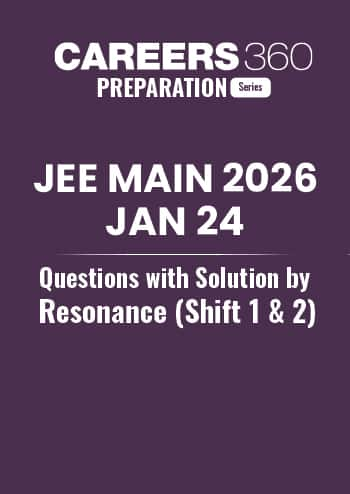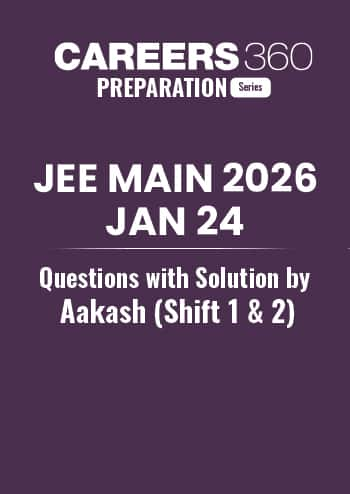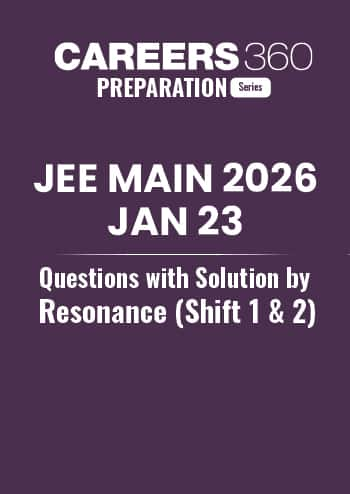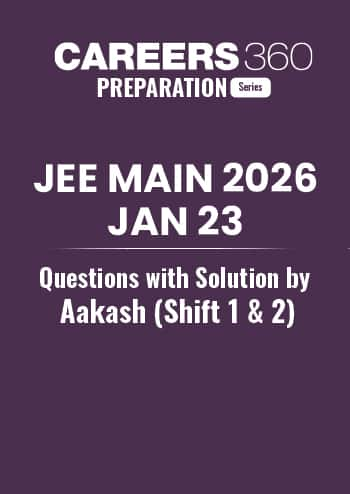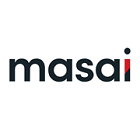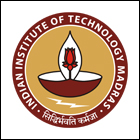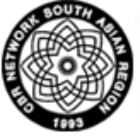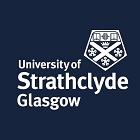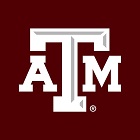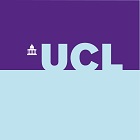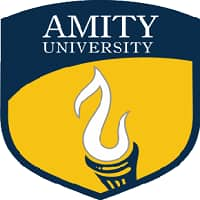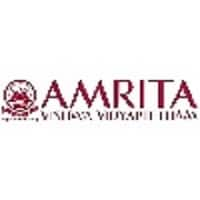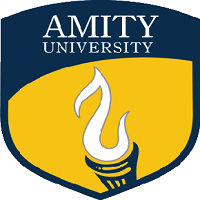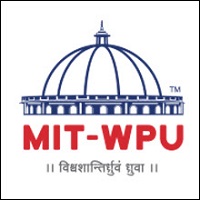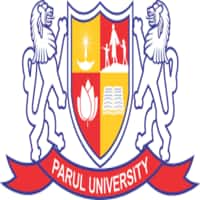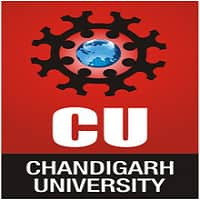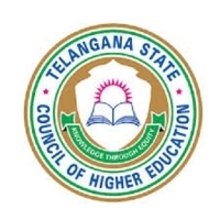Discover stories
for every phase of your academic journey from exploration to admission.
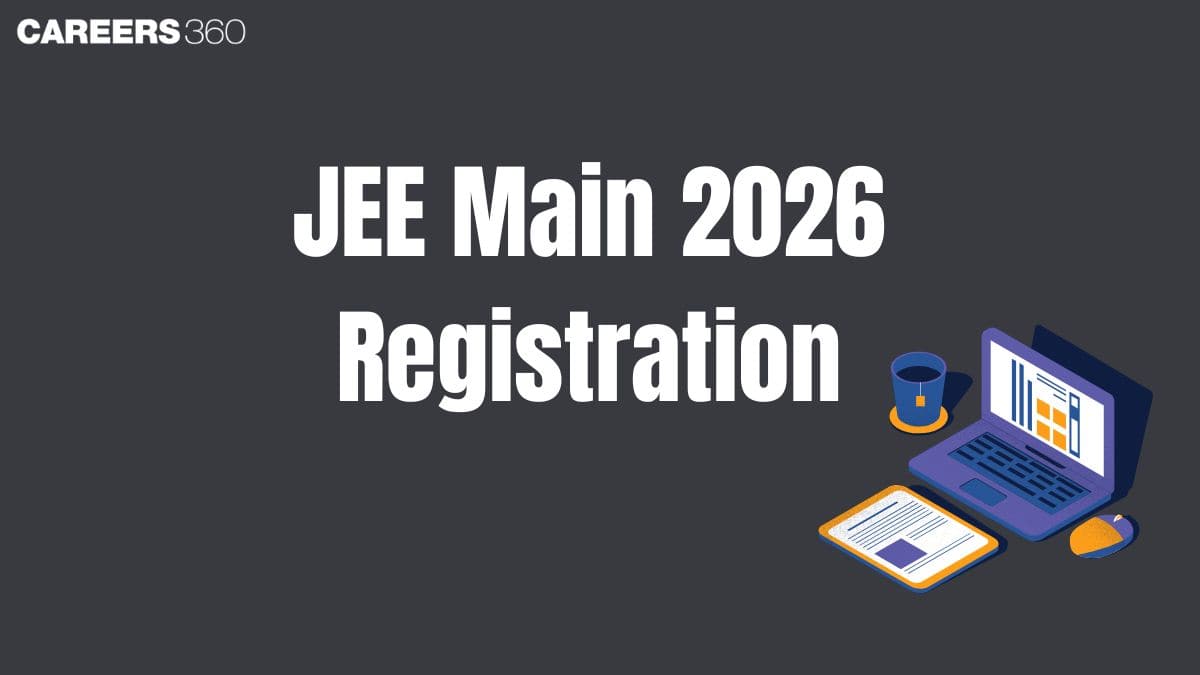
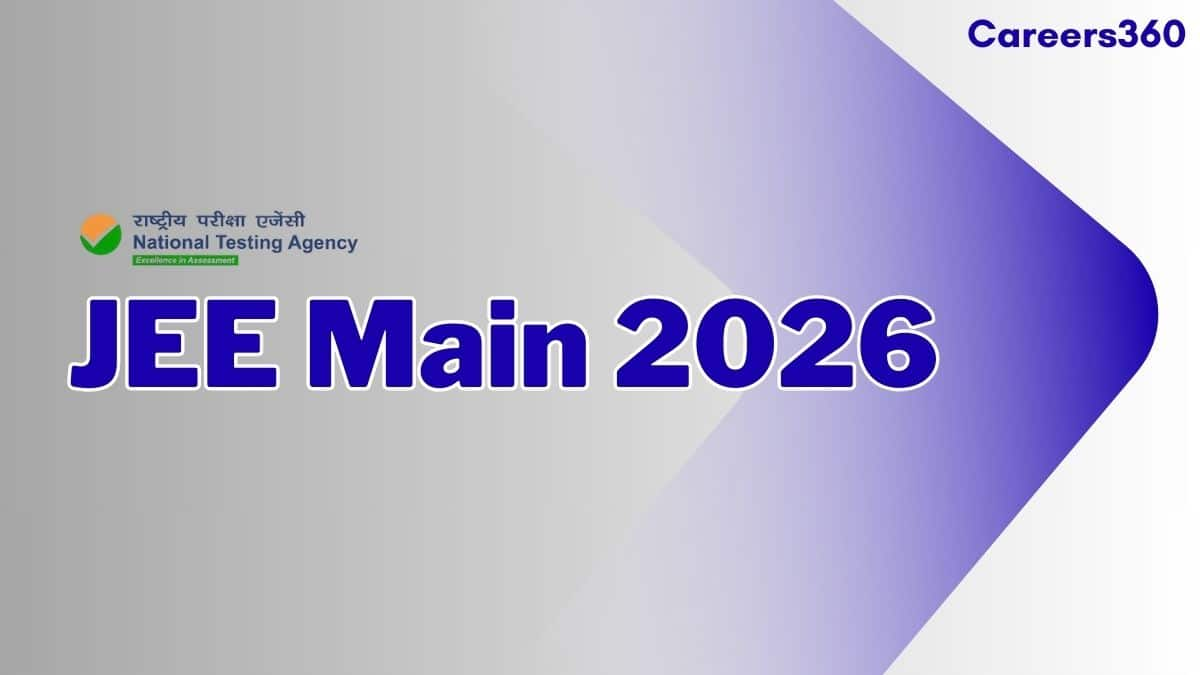
JEE Main 2026 - Paper 2 Result (Soon), Answer Key (Out), Cutoff, April Registration, Exam Date
Maniprabha Singh . 4 hours ago
JEE Main 2026 - Get all the details about IIT JEE Main exam 2026 such as NTA JEE Mains 2026 notification, JEE application form, syllabus, pattern, question paper, preparation tips by experts and more updates here.
Key Engineering and Architecture Exams
Find Important information to understand each exam better
Ready, set, practice!
Dive into a trove of downloadable sample papers! We've curated a massive library covering a wide range of exams, so you can find exactly what you need. Get a head start on exam success!



Discover top ranked colleges
Find top ranked colleges based on location, exams & other preferences.
In India
State-wise
Up-skill for success in a changing world
Fast-track your career with online degrees & certificates designed for flexibility and industry relevance.



Question & Answers
1 Million+ Questions answered by the student community within 24 hours each
Study Abroad made easy
Unleash your potential on a global scale! Launch Your Global Journey with us and embark on an enriching adventure in international education.



Top Colleges Accepting Admissions
Time is ticking! Explore colleges actively accepting applications and take the first step towards your dream education
Amity University-Noida B.Tech Admissions 2026
Among top 100 Universities Globally in the Times Higher Education (THE) Interdisciplinary Science Rankings 2026
Amrita University B.Tech 2026
Recognized as Institute of Eminence by Govt. of India | NAAC ‘A++’ Grade | Upto 75% Scholarships
Amity University-Noida M.Tech Admissions 2026
Among top 100 Universities Globally in the Times Higher Education (THE) Interdisciplinary Science Rankings 2026
MIT World Peace University B.Tech Admissions 2026
Highest CTC 44.14 LPA | UGC Approved | 1600+ Recruiters | 100% Placement
Parul University B-TECH Admissions 2026
India's youngest NAAC A++ accredited University | NIRF rank band 151-200 | 2200 Recruiters | 45.98 Lakhs Highest Package
Chandigarh University Admissions 2026
NAAC A+ Accredited | Among top 2% Universities Globally (QS World University Rankings 2026)
Unlock Informed Decisions: Know Your Admission chances
Make data-driven college choices with our powerful College Predictors. Analyse your exam rank and target the colleges that best fit your profile



Elevate your engineering prep
Access top-notch exam preparation products tailored specifically for engineering students.

Knockout JEE Main 2025
An exhaustive E-learning program for JEE Main preparation. Ace JEE Main, world’s most difficult engineering entrance exam.
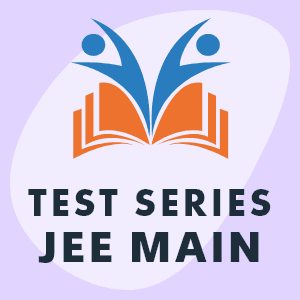
Test Series JEE Main 2025
A personalised course designed to help you get accustomed to the online JEE Main exam pattern. Take chapter-wise, subject-wise and Complete syllabus mock tests and get in depth analysis of your test.
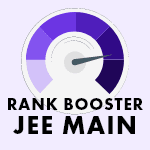
JEE Main Rank Booster 2025
- Study 40% Syllabus and Score upto 100%- JEE Main Official Pattern Mock Tests- Previous Years Solved papers- Faculty Support

JEE Advanced 2025 - Test Series Subscription
A personalised course designed to help you get accustomed to the online JEE Advanced exam pattern. Take specialized mock test and get in depth analysis of your test.
Estimate Your Result with Accuracy
Analyse your scores and receive a data-driven prediction of your result, rank, or percentile. Gain valuable insights to plan your academic journey with confidence.



Shape Your Future: Explore Rewarding Career Paths
Shape the future with a fulfilling career in Engineering and Architecture. Dive into our comprehensive resources to discover your perfect fit.
Explore our other offerings
Explore valuable tools & resources to support your academic journey, from high school success to achieving your dream college and beyond



